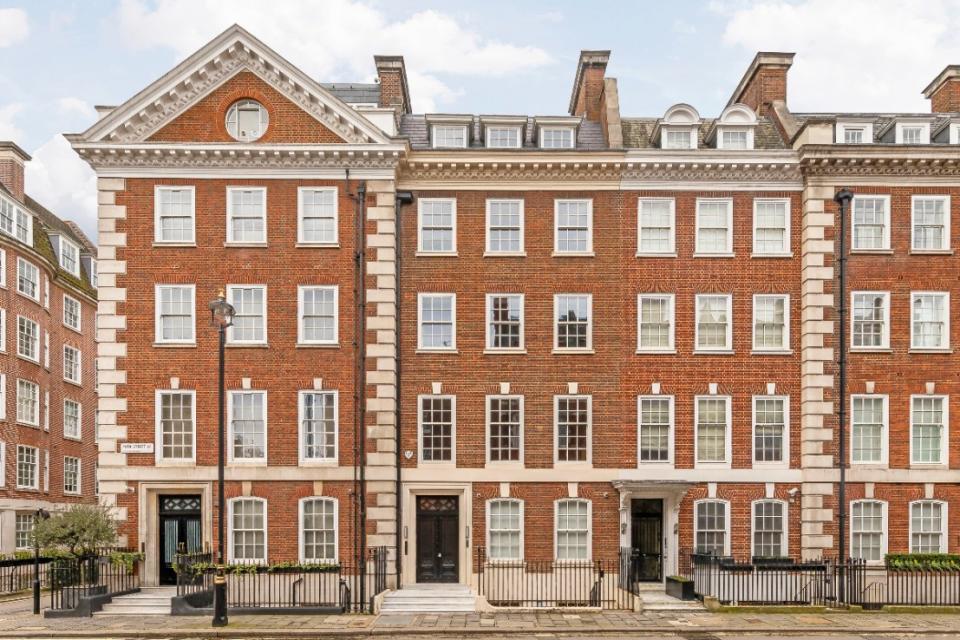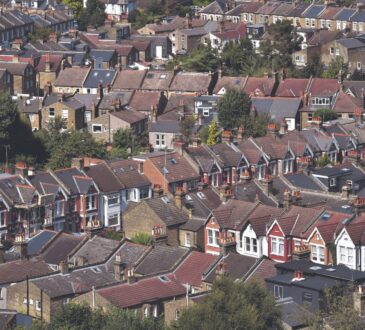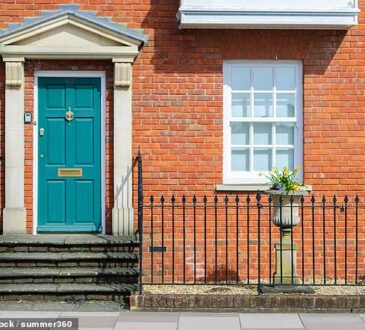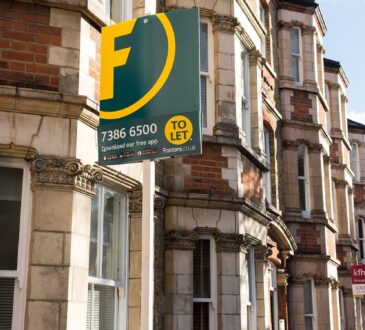

London’s super-prime market seems to following a similar track to the general market: optimism is cautiously increasing as mortgages start to come down following the Bank of England’s rate cut.
The number of exchanges in London in June and July was 8.4 per cent above the five-year average, according to Knight Frank.
It was a “release of pent-up demand following 12 months of frustratingly high inflation” and was “replicated in the wider UK market”, Tom Bill, head of UK residential research at Knight Frank, said.
Unlike the general market, however, the prime London property market will be affected by VAT taxes on private schools and tightening non-dom rules in the UK.
Buyers could also “be squeezed further” if changes are made to pension tax relief, inheritance tax or capital gains tax, Bill added.
However, Labour has backtracked a little on non-dom rules: it has said that an “appropriate adjustment of existing trust arrangements” is needed, rather than a carte blanche decision to force all overseas trusts to be subject to inheritance tax irrespective of when they were set up.
Average prices in prime central London fell 2.4 per cent in the year to July, which was the same annual reading for the third successive month.
Prices are 4.5 per cent down on their pre-Covid levels and 17.6 per cent below their last peak in August 2015.
Rental price growth falls below three per cent
Rents rose by an average of 2.5 per cent in the year to July in prime central London. It was the first time annual growth has been below 3 per cent in three years.
“Just as the prospect of tax rises in the Budget is causing uncertainty in the prime London sales market, Labour’s revival of the Renters Reform Bill is doing the same thing in the lettings market,” Bill said.
Both of these will make renting out properties harder: if landlords choose to sell up, there will be “upwards pressure” on rent, Bill said.
“Ironically, the speculation comes at a time when supply and demand are re-balancing after several tumultuous years, which is putting downward pressure on rents,” he added.




